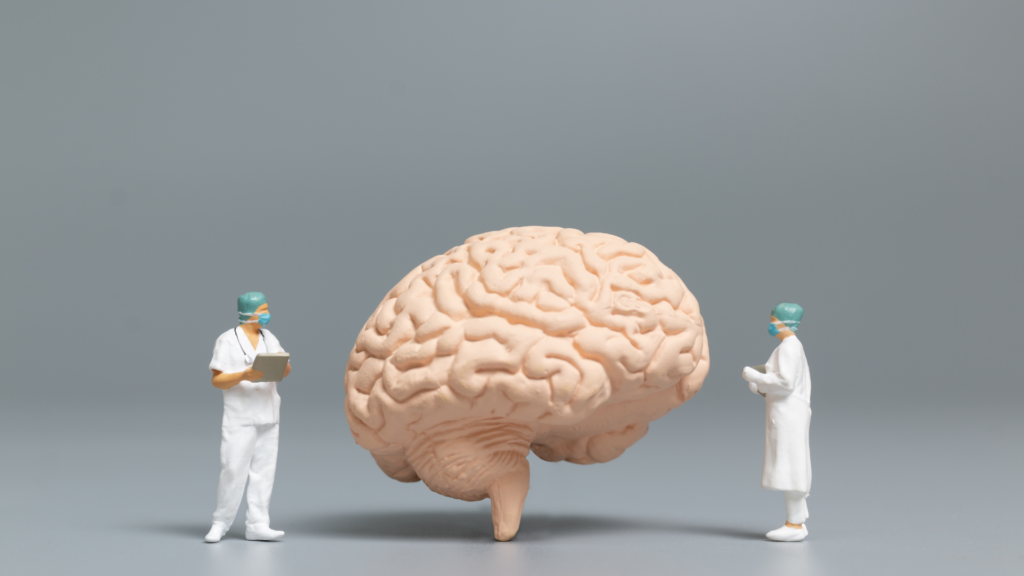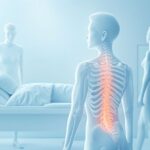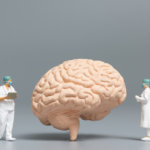
Motor Neuron Disease, also known as Amyotrophic Lateral Sclerosis (ALS) or Lou Gehrig’s Disease, is a rare and progressive neurodegenerative disease that affects the nervous system. It is a condition that damages the motor neurons responsible for controlling the movement of the muscles in the body, leading to muscle weakness, atrophy, and eventually, complete paralysis. In this blog post, we will discuss what Motor Neuron Disease is, how it affects the body, its causes, diagnosis, treatment, and living with the condition.
Table of Contents
- What is Motor Neuron Disease?
- How Does Motor Neuron Disease Affect the Body?
- Symptoms of Motor Neuron Disease
- Causes of Motor Neuron Disease
- Diagnosis of Motor Neuron Disease
- Treatment of Motor Neuron Disease
- Living with Motor Neuron Disease
- Research on Motor Neuron Disease
- Conclusion
- FAQ’s
What is Motor Neuron Disease?
Motor Neuron Disease is a condition that affects the nervous system, specifically the motor neurons that control voluntary muscles. These neurons are responsible for transmitting messages from the brain to the muscles, enabling movement. In Motor Neuron Disease, these neurons gradually degenerate, leading to a progressive loss of muscle control, weakness, and eventually, paralysis. The disease can affect any part of the body, including the arms, legs, face, throat, and chest.
How Does Motor Neuron Disease Affect the Body?
Motor Neuron Disease affects the body by gradually destroying the motor neurons responsible for controlling muscle movement. As the disease progresses, the muscles become weaker and smaller, eventually leading to paralysis. The muscles used for breathing and swallowing can also be affected, leading to difficulty breathing and swallowing. In some cases, communication may also become difficult due to the loss of muscle control in the mouth and throat.
Symptoms of Motor Neuron Disease
The symptoms of Motor Neuron Disease vary depending on which part of the body is affected. However, the most common symptoms include:
- Muscle weakness and twitching
- Difficulty walking, speaking, and swallowing
- Cramps and muscle stiffness
- Muscle atrophy (wasting away)
- Unintentional weight loss
- Difficulty breathing
Causes of Motor Neuron Disease
The exact cause of Motor Neuron Disease is not yet fully understood, although it is believed to be a combination of genetic and environmental factors. Some cases of the disease are inherited, while others are sporadic, with no clear genetic or environmental cause. Researchers have also identified certain risk factors that may increase the likelihood of developing the disease, including age, gender, and exposure to environmental toxins.
Diagnosis of Motor Neuron Disease
Motor Neuron Disease is diagnosed through a combination of physical exams, medical history, and diagnostic tests. A doctor will typically perform a neurological exam to assess muscle strength, reflexes, and coordination. They may also conduct imaging tests, such as MRI or CT scans, to rule out other conditions that may cause similar symptoms. Finally, they may conduct electromyography (EMG) and nerve conduction studies to measure the electrical activity of the muscles and nerves
Treatment of Motor Neuron Disease
There is currently no cure for Motor Neuron Disease, and treatment is focused on managing symptoms and improving quality of life. Treatment options may include medications to manage muscle cramps and stiffness, as well as devices such as braces and wheelchairs to assist with mobility. In some cases, breathing support may also be required. Speech therapy and nutritional counseling may also be helpful for managing communication and swallowing difficulties.
Living with Motor Neuron Disease
Living with Motor Neuron Disease can be challenging, but there are many resources available to help patients and their families. Support groups and counseling services can provide emotional support and help patients cope with the physical and emotional impact of the disease. Occupational and physical therapy can help patients maintain their mobility and independence for as long as possible. Assistive technology, such as speech-generating devices and computer interfaces, can also help patients communicate and stay connected with loved ones.
Research on Motor Neuron Disease
There is ongoing research into the causes, prevention, and treatment of Motor Neuron Disease. Some promising areas of research include gene therapy, stem cell therapy, and drug treatments that target the underlying biological mechanisms of the disease. Clinical trials are also underway to test new treatments and therapies for Motor Neuron Disease.
Conclusion
Motor Neuron Disease is a rare and progressive neurodegenerative disease that affects the motor neurons responsible for controlling voluntary muscle movement. It can cause muscle weakness, atrophy, and eventually, complete paralysis. Although there is currently no cure for the disease, there are treatments available to manage symptoms and improve quality of life. Researchers continue to work towards better understanding the causes of Motor Neuron Disease and developing new treatments to improve outcomes for patients. If you or someone you know is experiencing symptoms of Motor Neuron Disease, it is important to seek medical attention and support as soon as possible.
FAQs
What is Motor Neuron Disease?
Motor Neuron Disease, also known as ALS (Amyotrophic Lateral Sclerosis), is a rare neurodegenerative disease that affects the nerve cells responsible for controlling voluntary muscle movement.
What causes Motor Neuron Disease?
The exact cause of Motor Neuron Disease is unknown, but it is believed to be a combination of genetic and environmental factors.
What are the symptoms of Motor Neuron Disease?
The symptoms of Motor Neuron Disease include muscle weakness, cramps, twitching, difficulty speaking and swallowing, and eventually, complete paralysis
How is Motor Neuron Disease diagnosed?
Motor Neuron Disease is typically diagnosed through a combination of physical exams, neurological tests, and imaging studies, such as MRIs or CT scans.
Is there a cure for Motor Neuron Disease?
There is currently no cure for Motor Neuron Disease, but there are treatments available to manage symptoms and improve quality of life.
What is the prognosis for Motor Neuron Disease?
The prognosis for Motor Neuron Disease varies from person to person, but it is generally a progressive disease that can eventually lead to complete paralysis and death.
How is Motor Neuron Disease treated?
Motor Neuron Disease is typically treated with a combination of medications, physical and occupational therapy, and assistive technology, such as speech-generating devices.
How can I support a loved one with Motor Neuron Disease?
You can support a loved one with Motor Neuron Disease by offering emotional support, helping with daily tasks, and encouraging them to seek medical care and participate in support groups.
Is Motor Neuron Disease hereditary?
Some forms of Motor Neuron Disease are hereditary, but most cases are not.
What is the current research on Motor Neuron Disease?
There is ongoing research into the causes, prevention, and treatment of Motor Neuron Disease. Some promising areas of research include gene therapy, stem cell therapy, and drug treatments that target the underlying biological mechanisms of the disease. Clinical trials are also underway to test new treatments and therapies for Motor Neuron Disease.











